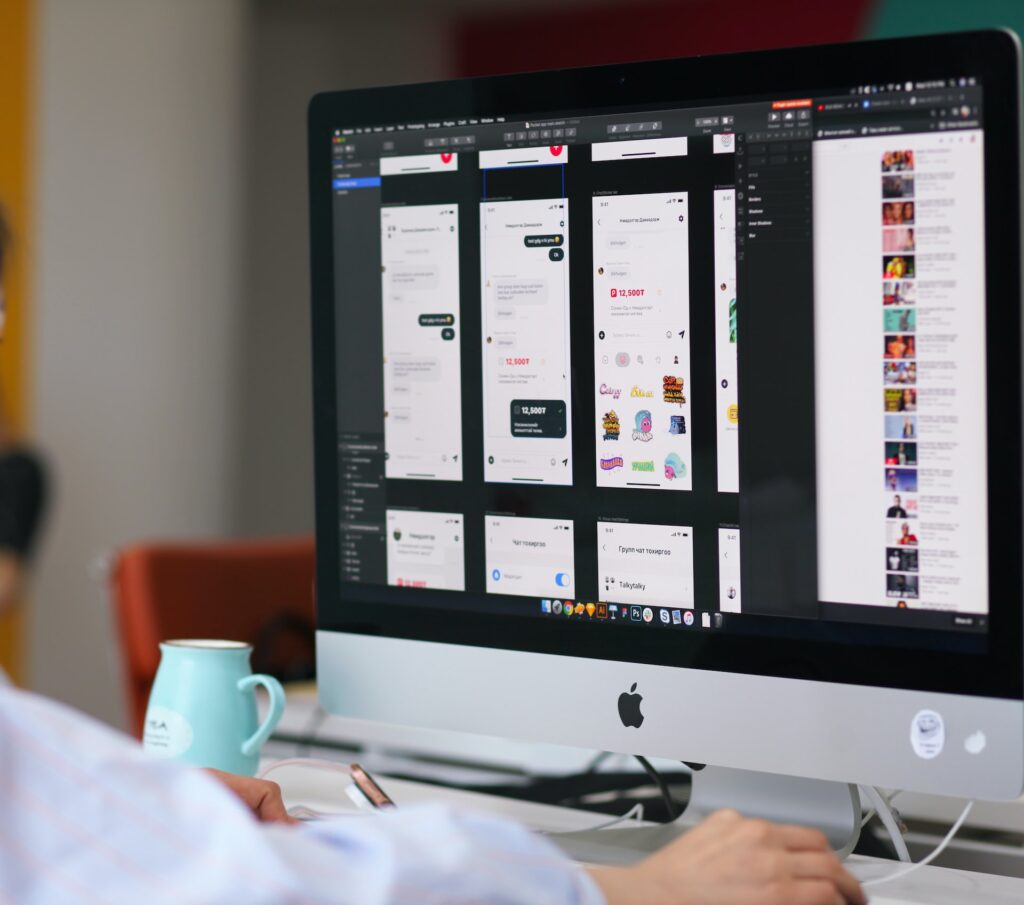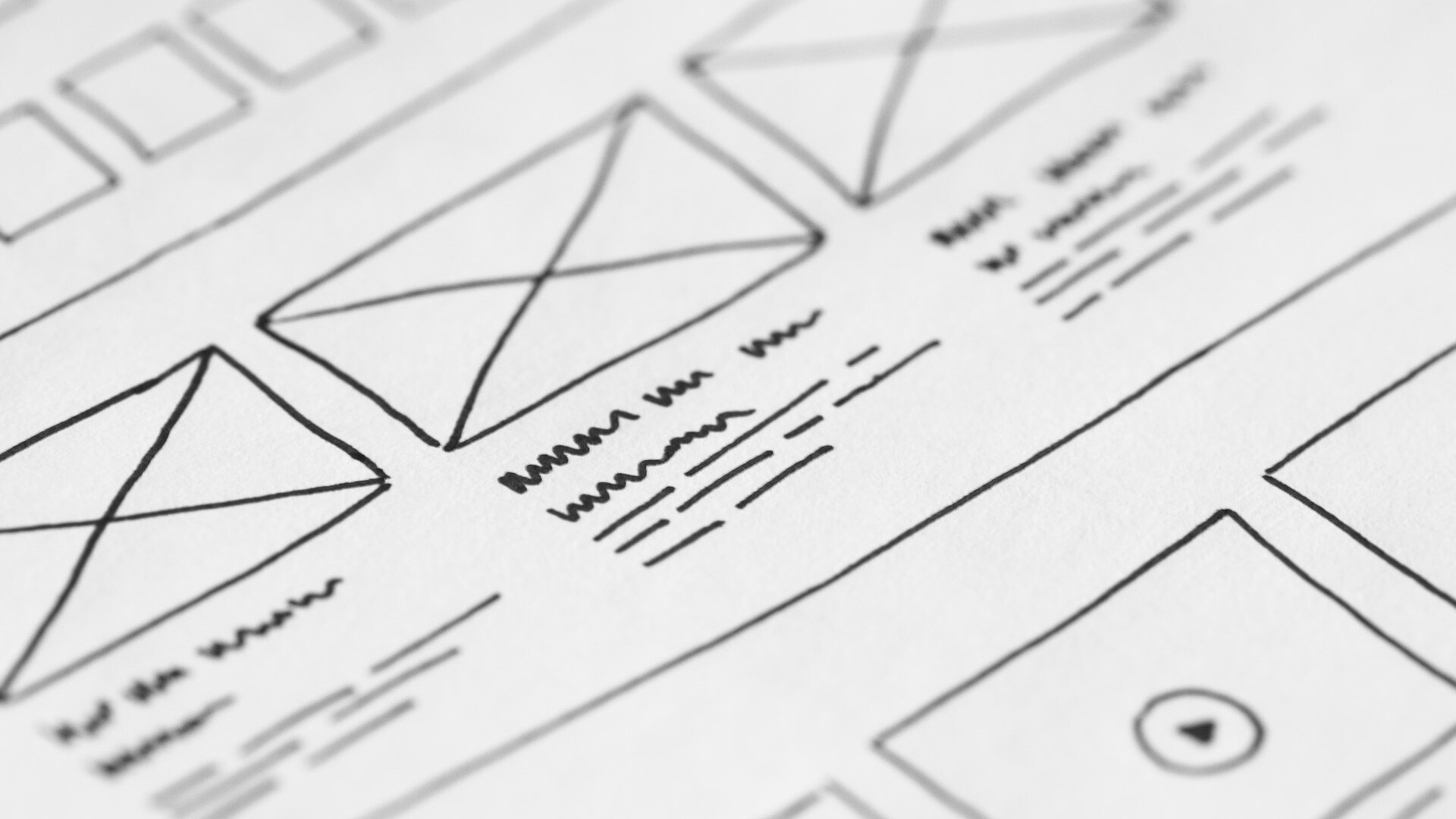Make Sophisticated User Interface Designs
The idea of creating a sophisticated user interface design sounds like a paradox. When most people think about UI design, they automatically connect it to simplicity. However, things can’t always be simple when designing more complex products, such as mobile apps that help users solve complicated problems and offer a wide array of features. So if that’s the dilemma you are facing, here are some tips to help you create sophisticated UI designs that are optimally designed and provide a great user experience.

First, approach the design from the mindset of function over form; this approach is known within the industry as Design Thinking. Start by making it concise and clear what your app does. Your app will probably have various features, so you want to ensure that users will intuitively understand what they are and what they do. Eventually, the form will get more sophisticated, but you want to start by ensuring the design has a simple foundational structure.
Next, organize your app’s functions and features by creating a well-designed navigation bar. Make it clear what each button on the navigation bar does and organize similar features so that the user doesn’t have to scramble to find what he is looking for. If your navigation is going to be extensive, the best bet is to design a tabbed menu from the top or the side with a simple click.
Third, you want to ensure that the UI design is consistent and familiar. While the user is using your app, you want new or unexplored options to be familiar with their previous experience. This will make the app feel intuitive. You also need to make sure that the navigation is consistent. You want the buttons, tabs, graphics and icons to remain the same throughout the experience to provide a great experience.
Fourth, you want to make sure that the design is attractive. However, striking a fine balance is key here. Making your design too slick or contemporary may confuse users or give off the impression that the app is complex too use. Making the design minimal can also make your app seem clunky or even give off the impression that your app doesn’t have much value.
Finally, you want to design for efficiency. In many cases, apps with multiple features and functionalities can be quite annoying. Problems like having to go back to the main page to access a feature and not being able to save data when launching a new function are taxing to the user. To resolve these issues, you’ll need to test your design extensively to identify things that don’t synergize well, waste time, and make usage more tedious.
Building a sophisticated UI design is far from easy. The challenge is to take complex features and functionalities and make them as accessible and transparent to the user as possible. Hopefully, following these five tips will help clear up some of the confusion and give you a better perspective on what you need to accomplish in your UI design.
If you liked this article and need help with your UI design, check out ArtVersion for Startups. They help visionaries, founders, and those with an entrepreneurial drive to succeed.
Related Articles
Navigating the Design of Input Controls in UI
January 6, 2024
UI Signifiers in Website Design
January 5, 2024



